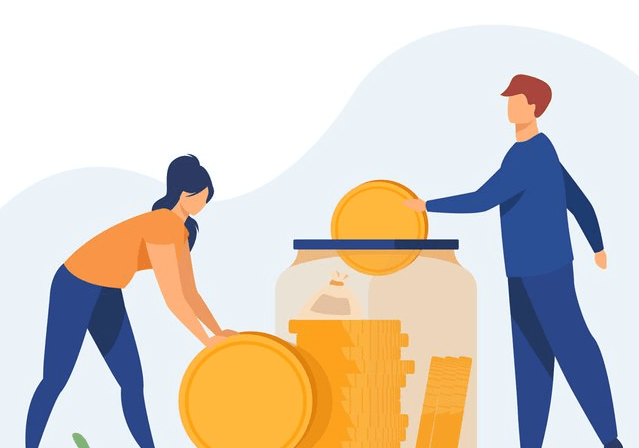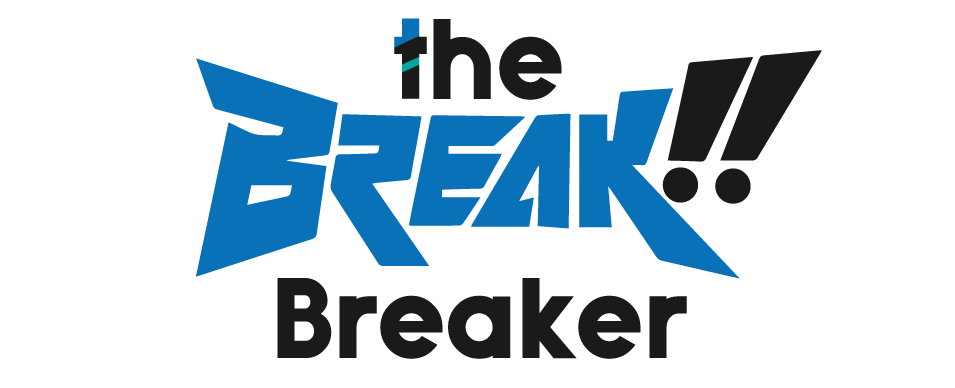
How Safe Is It To Open A Fixed Deposit Account Online?
Online banking has added a lot of convenience to our daily lives. You can carry out most of the banking transactions easily online. You can also open, close and operate fixed deposits (FDs) also online. Most banks and Non-Banking Finance Companies (NBFCs) offer their customers the option to open an FD online.
However, some of you may wonder if an online fixed deposit is a safe option. We discuss this aspect in detail here.
Types Of Online Fixed Deposits
If you want to open an online fixed deposit, you can choose from three types:
Simple FD
The term for these fixed deposits varies from 7 days to 10 days. The interest in FD depends on the financial institution’s policies and varies with tenure.
Special FDs
These deposits are for special terms like 300, 700 or 1000 days. The banks usually give higher rates for these special duration deposits.
Tax Saving FDs
These are special tax-saving deposits. The amount you invest in tax saving FDs helps you get benefits under Section 80C of the IT Act. However, the interest on FD is fully taxable, depending on your tax slab.
Safety Features By Banks
You can choose from the above FD options to invest your money. Banks and NBFCs have many security features to keep your fixed deposits safe; some of them are listed below:
Encryption
Banks encrypt data so that only you and your bank can understand it whiles it’s being transferred over the internet. Financial institutions have strong and complicated cyphers to prevent hacking and misuse of your information.
Strong Login And Password
When you select a login and password, the websites prompt you to choose a combination of alphanumeric, numeric and special characters. This ensures that your password and login-id are difficult to guess, as this is the first level of protection.
Bank websites also prompt you to change passwords periodically. You cannot reuse an old password; the password strength is also displayed on the website to help you make a choice.
Additional Checks
If you want to change your password, nominee details or address, banks add additional checks so that no one else apart from you can execute these modifications.
Two-factor Authorization
Most financial institutions have a combination of two-factor authorization to provide you with additional security. This could be a combination of One Time Password (OTP) sent on your phone, password, numbers of your debit card grid or CVV.
Security Solutions
Banks’ websites have firewalls and intrusion detection mechanisms for customer safety. They also have intrusion prevention systems and anti-malware systems on their online pages.
Session Timeout
If your webpage remains idle for some time, you are logged out automatically to prevent misuse. Read more
Digital Certificate
A digital certificate on the bank’s webpage helps you ensure that you are on the right page and not on a webpage created with malicious intent.
Alerts On Your Phone And Email
You receive immediate alerts on your phone and email when there is a transaction or a change in your account. In case of some fraudulent or unauthorized activity, you can notify the financial institution and take remedial action.
What Can You Do To Keep Your Account Safe?
Financial institutions have many security systems and checks to keep their customers safe. You can also take some steps for your digitals safety:
- Banks never ask you to share the password, OTP or other personal details over the phone or mail; do not share these with anyone posing as a bank official and asking for it
- Keep your passwords and other information safely; change passwords periodically and choose strong passwords
- Always check the website for security signs and do not follow any spurious links to log in
- Do not log in to your bank account using public terminals or unprotected networks
- Always log out when you finish your online transactions
- Use a virtual keyboard for additional safety
Conclusion
An online fixed deposit is a safe option as banks and NBFCs have many safety features to keep your money secure. Make sure to be vigilant when using online facilities and choose a reputed financial institution for your deposits.




